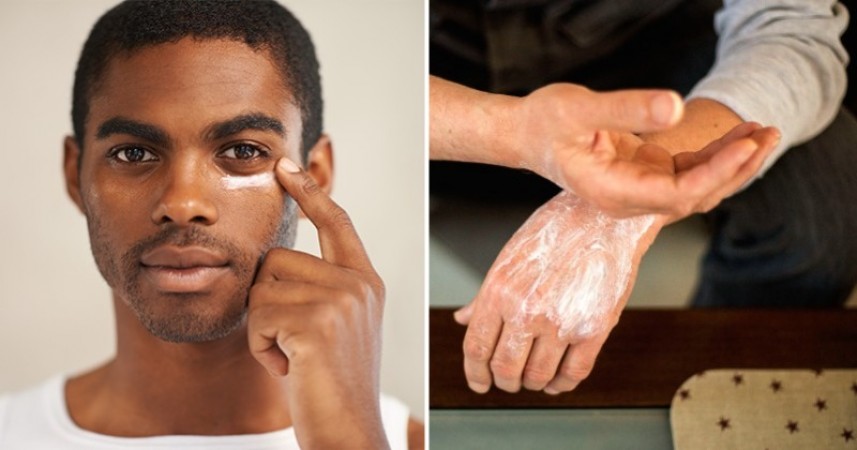
In the realm of beauty and skincare, expiration dates are not merely suggestions but crucial indicators of product safety and efficacy. These dates signify the period within which the product remains stable and effective. Ignoring these dates can lead to various adverse effects on both the skin and overall health.
Skin Reactions and Irritations
Expired beauty products undergo chemical changes over time, rendering them potentially harmful to the skin. Ingredients may degrade, leading to altered formulations that can cause skin irritations, redness, itching, and allergic reactions. For instance, expired moisturizers or creams may harbor bacteria, exacerbating acne or causing infections when applied to the skin.
Reduced Efficacy
As beauty products age, their active ingredients become less potent, diminishing their effectiveness. For example, expired sunscreen may fail to provide adequate protection against harmful UV rays, increasing the risk of sunburn, premature aging, and skin cancer. Similarly, expired anti-aging creams may lose their ability to target fine lines and wrinkles, failing to deliver the promised results.
Contamination and Bacterial Growth
Expired beauty products are breeding grounds for bacteria, fungi, and other microorganisms. When applied to the skin, these contaminated products can introduce harmful pathogens, leading to infections such as dermatitis or cellulitis. Mascara, for instance, is particularly susceptible to bacterial growth and can cause eye infections if used past its expiration date.
Chemical Breakdown
Over time, cosmetic ingredients can undergo chemical breakdown, resulting in the formation of harmful by-products or toxins. These substances may not only irritate the skin but also penetrate its layers, potentially disrupting its natural balance and contributing to long-term damage. Expired nail polishes, for example, can become thick and clumpy, releasing volatile chemicals that may harm the nails and surrounding skin.
Risk of Allergic Reactions
Expired beauty products may contain degraded or oxidized ingredients that trigger allergic reactions in sensitive individuals. Fragrances, preservatives, and dyes are common culprits known to cause skin sensitivities and allergic dermatitis. Continued use of expired products heightens the risk of adverse reactions, leading to discomfort and skin inflammation.
Health Concerns
Beyond skin reactions, using expired beauty products can pose broader health risks. Ingredients such as parabens, phthalates, and formaldehyde-releasing agents, commonly found in cosmetics, have been linked to hormonal disruptions, reproductive issues, and even cancer. Prolonged exposure to these compounds, especially in expired products, may exacerbate these health concerns.
Prevention and Safe Practices
To mitigate the risks associated with expired beauty products, consumers should adopt vigilant practices:
Check Expiry Dates: Always inspect the packaging for expiration dates and adhere to them strictly.
Monitor Product Changes: Pay attention to any alterations in color, texture, or scent, as these may indicate product degradation.
Practice Good Hygiene: Wash hands before handling cosmetics and avoid sharing products to prevent contamination.
Store Properly: Store beauty products in cool, dry places away from direct sunlight to prolong their shelf life.
Rotate Products Regularly: Use products within their recommended period after opening (PAO) to ensure freshness and efficacy.
Using expired beauty products can have detrimental effects on both skin health and overall well-being. From skin irritations and allergic reactions to contamination and chemical breakdown, the risks associated with expired cosmetics are manifold. By understanding the importance of expiry dates and adopting safe practices, individuals can safeguard their skin and health against the dangers of expired beauty products.
Parents Should Adopt These Measures to Sharpen Children's Brains